Australian politicians reflect on what Anzac Day means to them
Senator Andrew McLachlan has revealed what motivated his stint in the military. Read his letter reflecting on Anzac Day and those by other Aussie politicians.
National
Don't miss out on the headlines from National. Followed categories will be added to My News.
Australian politicians, many of whom served themselves, reflect on the meaning of Anzac Day.
JACQUI LAMBIE
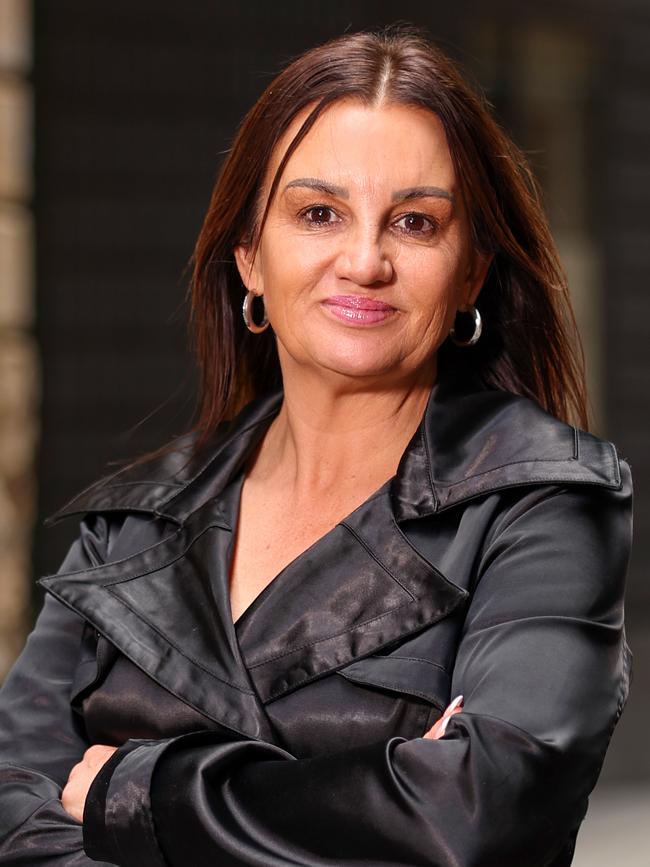
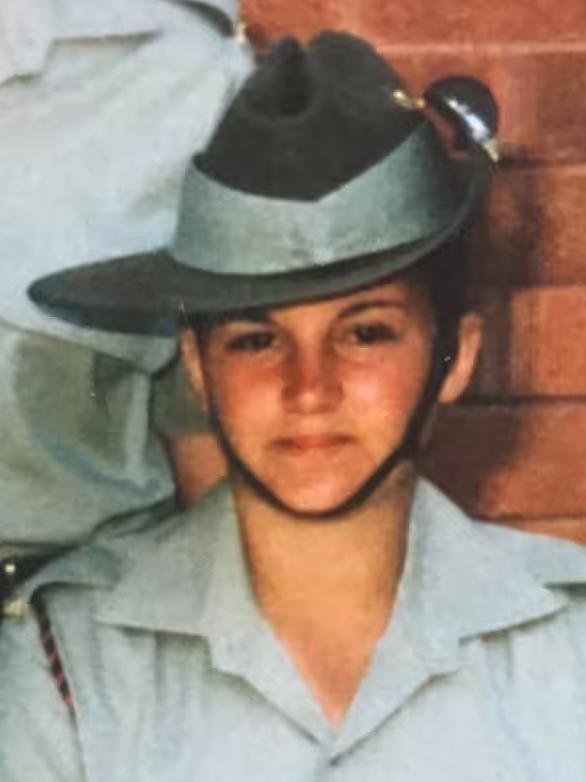
Anzac Day has always been special for my family. My uncle served in Vietnam; he was shot in the head and lived to tell the story. He didn’t talk about his experiences when I was young, but I could see the emptiness and torment in his eyes.
Once I was on the other side of my service and my battle with the Department of Veterans’ Affairs, we would sit together and tell war stories, sometimes with laughter, sometimes with tears. He always knew he wouldn’t be able to forget but I am happy that he can talk about it now.
Anzac Day marks the anniversary of the first campaign that led to major casualties for Australian and New Zealand forces during World War I. I often think about the casualties that weren’t recognised – the harm on the inside. What doctors used to call ‘shellshock’ but what we now know are symptoms of Post Traumatic Stress Disorder [PTSD]. It was the same for soldiers returning after World War II and veterans coming back from Vietnam – and unlike the returning soldiers from the two world wars, Vietnam veterans didn’t get parades or thanks for their service, and their children are three to six times more likely to suffer from PTSD themselves.
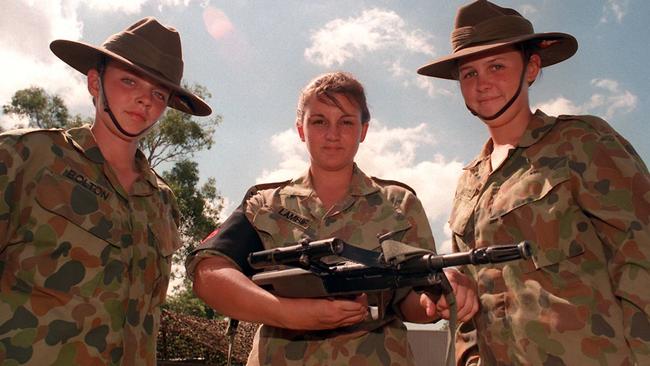
The torment and pain carried by these veterans was largely ignored by politicians and the top brass but, of course, they were always happy to be in the front row at the cenotaph on Anzac Day.
It was actually the Vietnam veterans who started calling for a Royal Commission into the treatment of veterans by the military in the late 1970s.
On Anzac Day I think all of the Australians who have served their country and, like my uncle, had to deal with the torment when their loved ones made it home. Lest we forget.
Jacqui Lambie is a Tasmanian Senator
ANDREW WILKIE
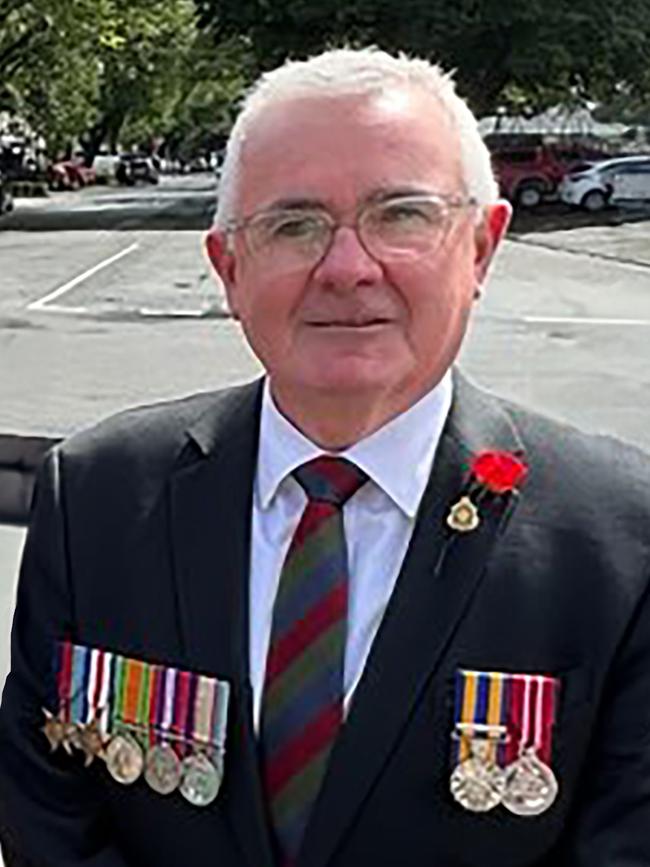
The service and sacrifice of Australian military personnel must never be downplayed.
From the colonies sending soldiers to Africa in the 19th century, to the wide range of current operations, our service personnel have gone and done what they were expected to do, and what they signed up for.
Often this has been at enormous cost. For example, more than 300,000 Australian soldiers embarked for overseas service between 1914 and 1918, and more than 200,000 were captured, wounded, missing or killed. And all of that when the population of Australia in 1914 was about five million. The equivalent today would be two million Australians enlisting in the Defence Force and well over one million being killed, wounded or captured in a war. In other words, World War I fundamentally changed Australia in ways that filter right through to this day.
More than 100,000 Australian service personnel have now perished in war and countless more have served. In my own family, military service peppers our history, as it does in a great many Australian families. My father was a tail-gunner on Lancaster heavy bombers and completed an astonishing 32 missions over occupied Europe during World War II. My mother was in the Women’s Auxiliary Australian Air Force.
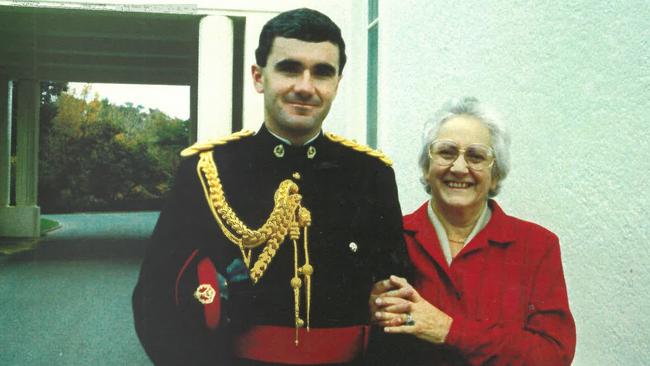
And my brother served in South Vietnam and died afterwards of cancer.
I did 20 years in the army and reached the rank of Lieutenant Colonel. Much of my service was in infantry battalions, although it was my secondment to the ONA [Office of National Assessments] intelligence agency that unwittingly put me on a pathway to eventually blowing the whistle over the fraudulent official case for the 2003 invasion of Iraq. Oh, the irony that the very sense of service and purpose that attracted me to the military in the first place was what turned me in to a whistleblower opposing a war.
About half a million veterans live among us nowadays and it’s important that we do everything possible to support them. Many of them have experienced conditions as difficult, and seen things just as unspeakable, as those experienced by the Anzacs.
And I’m not just talking about war veterans, because anyone who puts on a uniform, regular or reserve, and who’s injured or wounded, should receive the best support possible.
For instance, I’m reminded of a veteran who served as a United Nations observer in Beirut during the Lebanese Civil War. There he was being shot at, shelled and continually at risk of being taken hostage. But he had no squad around him for protection, no personal weapon and no body armour. Nothing. But yet his service has never been properly recognised, despite it being a case-study in the disregard shown by a succession of governments towards our veterans.
So let’s keep all of this mind, especially at this time of the year when we commemorate Anzac Day. Indeed, lest we forget.
Andrew Wilkie is the Federal MP for the seat of Clark
ANDREW MCLACHLAN
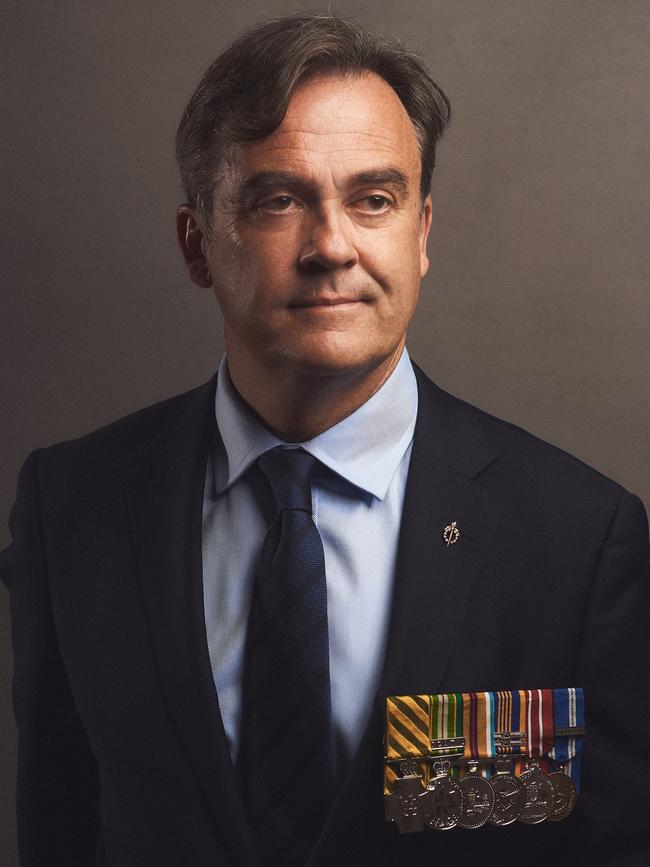
In my school’s memorial hall, boards graced its walls listing the names of the old scholars who went to World War I. Many names had a cross before them.
The rows of names demanded you reflect on what each man experienced and the inconsolable grief of the families of those who did not return.
Yet these same names witnessed so many happy events. For the hall was built not only to remember but serve the life of the school. The poet Archibald MacLeish captured this sentiment best in his poem The Young Dead Soldiers Do Not Speak. The dead say in the poem: “Our deaths are not ours; they are yours, they will mean what you make of them.”
Many of the grave sites at Gallipoli and on the Western Front were larger than provincial towns in Australia at that time. The scale of the sacrifice must always be in the forefront of our minds. Lest we forget, a vibrant democracy is their gift to us. An inheritance to be remembered and cherished.
Out of sense of wanting to contribute, I joined the Army Reserve. At that time, deployment on operational service was a remote possibility. Yet, in my forties, I spent a short sojourn in uniform at the foot of the Hindu Kush.
There is always a cost of service, paid so often by those who love the one that serves. While away I was very mindful that in doing my duty, I was also placing my family under considerable stress. After all, I was not in the Regular Army and could have refused the request to serve. Yet it is the sense of duty that drives the volunteer onwards.
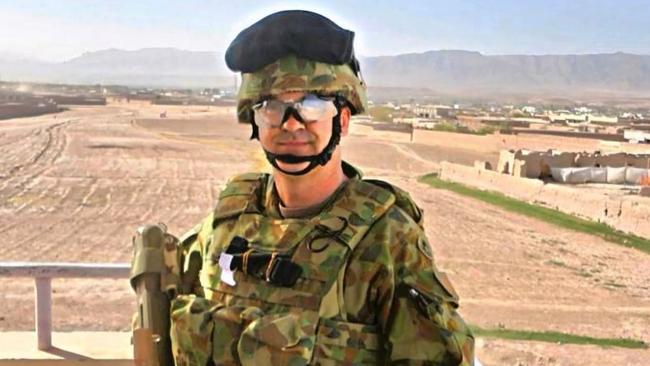
Our soldiers in Afghanistan were mostly about half my age. Let me assure you, they are an impressive generation. In them are all the attributes depicted in Napier Waller’s stained glass windows in the Australian War Memorial. Loyalty, resource, candour and endurance, to name a few.
On April 25, we pause and thank all that serve and have served. We acknowledge the loss and grief of families.
Above all, we reflect on the desolation of war and honour our dead.
In my mother tongue of Gaelic, we say:
Cuimhnichibh Na Suinn.
Nach Maireann Mairidh An Cliu Beo Gu Brath.
Remember the heroes who are no more: their renown will live forever.
Andrew McLachlan CSC is a Senator for South Australia
ANDREW HASTIE
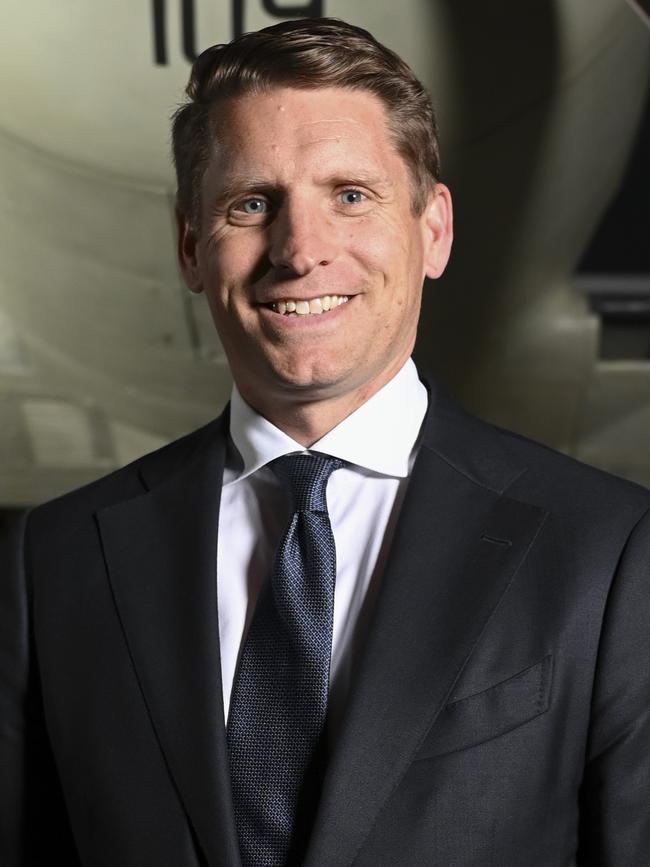
Anzac Day is a time where we look sacrifice right in the eyes.
At just 26 years old, Wing Commander Charles Learmonth, DFC & Bar, knew sacrifice. He
put himself in harm’s way to push the enemy back from our shores. But his greatest sacrifice didn’t involve a bomb or a bullet.
We see him that day, January 6, 1944, at the controls of his Bristol Beaufort – an Australian-made torpedo bomber which, frankly, had a lot of problems. A mysterious shake had destroyed 90 other Beauforts and many of its crews.
We see the two other Beauforts Charles is leading on a training run, cruising low above the
Indian Ocean near Rottnest Island.
And then we see it happen. The rattle becomes a shudder. The shudder becomes a violent shake, from the tail, all the way to the cockpit.
Here’s what we don’t see. We don’t see him screaming. We don’t see him yell.
We know this because he radioed Flight Lieutenant Ken Hewitt, who was a pilot of one of the
other Beauforts.
Charles asked Ken to fly in close and observe his shuddering tail, which he knew would soon be the death of him. Charles wanted Ken to see what the problem really was.
Charles carefully described what he could see, hear and feel – knowing that there was no way he could fix it. But if he described it well enough, he knew that someone, someway could.
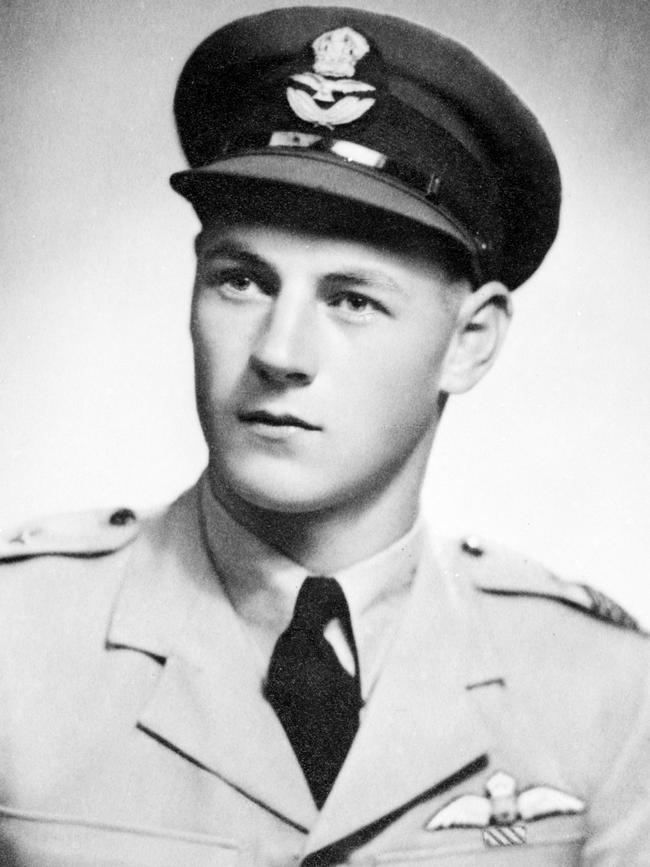
These transmissions didn’t last long. A few minutes of shuddering and the trim tab on his tail
flipped upright, forcing the plane to sharp descent into the sea.
There were no survivors.
But good things come with sacrifice.
With the information from Charles’ radio transmission, the problem in Beauforts was found. It
was a small component in the elevator trim tab. All the RAAF Beauforts were grounded while
they were modified. And the problem didn’t return.
We will never know how many more crews would have perished with that problem. But we
do know why it was stopped. It was because of the sacrifice of Charles Learmonth.
Thousands of Charles Learmonths have gone before you and me, sacrificing themselves so
that we would be safe today.
This Anzac Day, we pause to reflect on the contributions made by the members of our ADF
who have displayed great courage, discipline, and self-sacrifice in choosing a life of service
to their country.
Because it’s by that sacrifice, through that adversity, that we have our peace.
Andrew Hastie is the Federal MP for Canning and the Shadow Minister for Defence, Defence Industry and Defence Personnel
PHILLIP THOMPSON
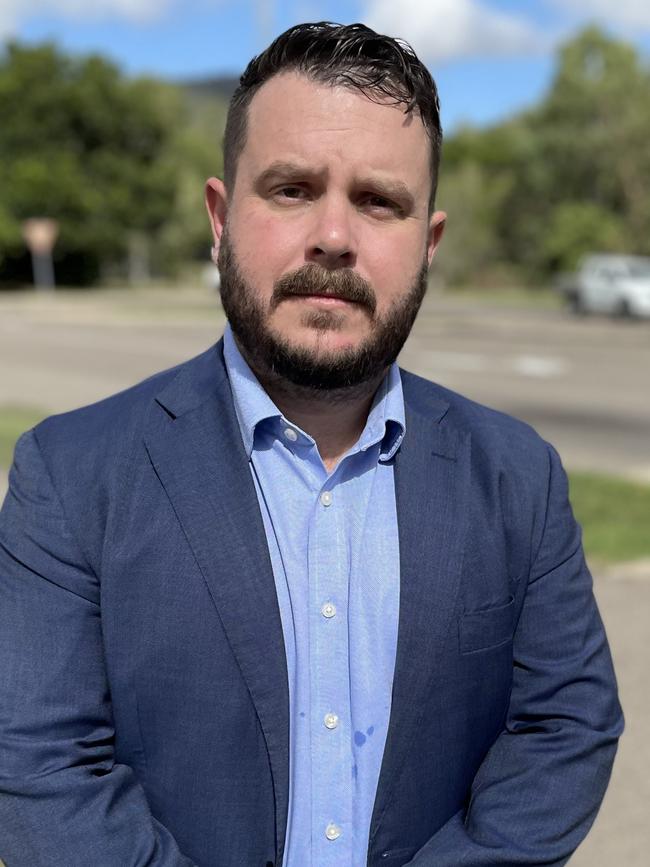
Today I remember.
I remember the excitement, the anticipation and the hope that came with being accepted as an infantry soldier into the Australian Army.
I remember the feeling of belonging and mateship, and the pride in serving our nation.
I remember the instant comradeship that came with our first deployment. We were 10-foot-tall and bulletproof, driven by the naivety that only comes with youth.
I remember the day we lost one of the best men we’d ever had the honour to know – Private Ben Ranaudo – who was killed by an antipersonnel explosive device in Afghanistan on the 18th of July, 2009. He was 22 and had his whole life in front of him.
I remember my best mate Private Paul Warren, who lost his lower right leg in that same blast.
I remember the guilt and shame that washed over every single one of us who survived.
I remember the weight of reality coming down on us like a tonne of bricks. I remember the deep pain of knowing there was no choice but to wake up and keep going, but wishing it was me who had been killed.
I remember the 19th of October, 2009, starting off like any other with a patrol through the Baluchi Valley.
I remember the sound of ringing in my ears that was so loud, I thought my head was going to explode.
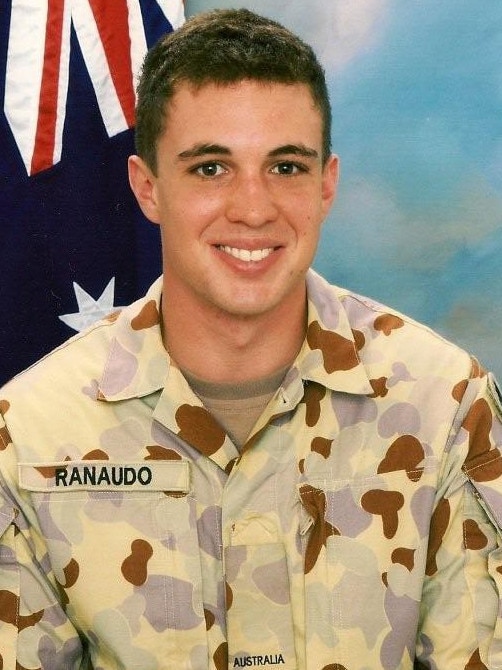
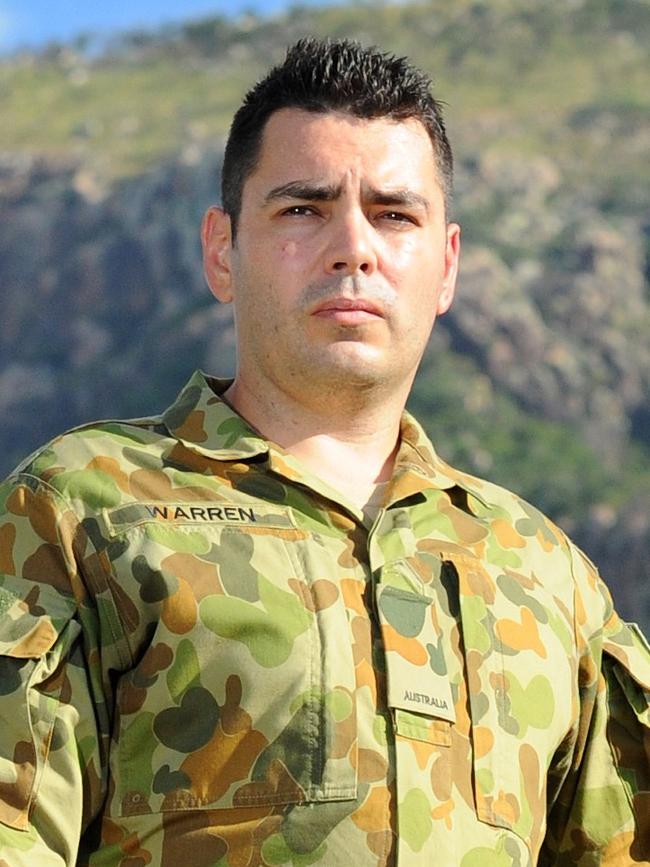
I remember the shame of being the one to set off the Improvised Explosive Device that put so many of mates at risk.
I remember the darkness that followed. Months that turned into years struggling to recover from a traumatic brain injury and alcohol abuse.
I remember I am one of the lucky ones who had loved ones, along with many mates, who helped me turn my life around.
I remember that there are so many who have been before me, and have come after me, who are not so lucky.
I remember our brave soldiers we have lost. Jesse Bird, Brad Carr, Paul McKay, Ben Brown, Peter Atkins, Dylan Clark, Tristan Hardie, Daniel Halpin, Steven Fazel, Shaun Jenkins, Geoffrey Price and Lewis Shelley, and many more.
I remember their faces. Their honour. Their incredible pride in serving our nation.
I remember the heartbreak of their families, their friends and colleagues who wonder how they’re going to keep on living without them.
I remember that we must do more as a nation, and as a government, to ensure this unacceptable loss of life stops.
On Anzac Day and every other day, I remember.
I remember all who have come before and those who have come after.
They are us and we are them.
Lest we forget.
Phillip Thompson is the federal MP for Herbert
LUKE GOSLING
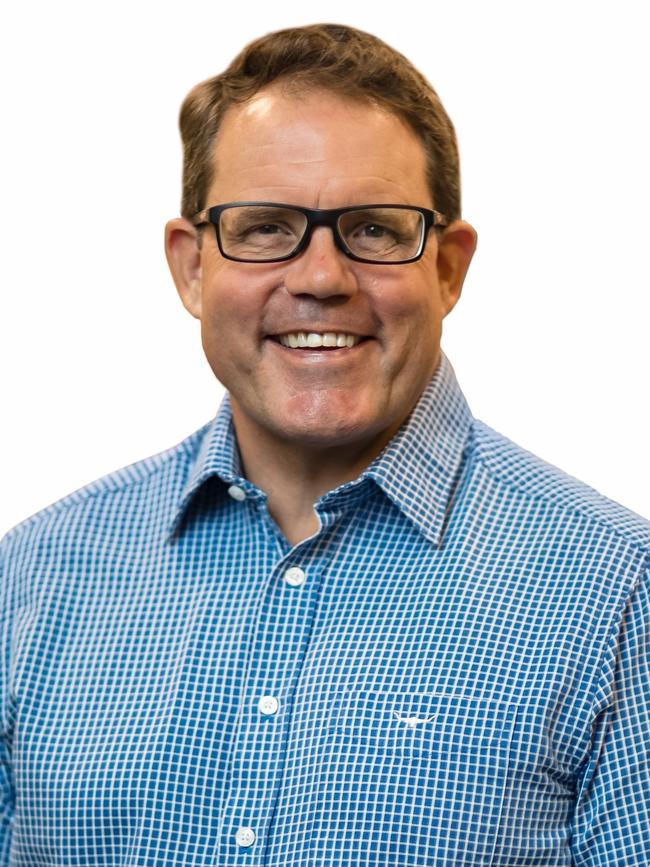
On this day 110 years ago, in 1915, Australian, New Zealand and British forces landed on the Gallipoli peninsula. I have been to Gallipoli and seen where they fought so bravely. This year we also commemorate the 75th anniversary of Australian service in the Korean and Malayan Emergency, as well as the 80th anniversary of the end of World War II, when Darwin came under attack.
Today, we pause to remember those who served our country and paid the ultimate price for Australian values, freedoms, and our sovereignty.
We think of those killed in action, in service, and those injured.
We also think of those whose service lives with them to this day and this is why I fought so hard for the Royal Commission into defence and veteran suicide. I am proud our government has delivered this and already progressed the recommendations.
This is personal for me as a fourth-generation veteran. On this day I think about my mates, my brothers who have served, my Dad who served in Vietnam, my grandfather who fought in World War II, and my great-grandfather who served in World War I, and their mates.
We must also think of the sacrifice made by the families of those who serve with many Defence families living in Darwin and Palmerston.
It has been an absolute honour to be the Special Envoy for Defence, Veterans’ Affairs and northern Australia and to visit our very impressive sailors, soldiers and airmen and women. And to visit and support the amazing organisations that support our veterans’ community.
We need more talented young Australians, including First Nations people, to join our ADF and operate the high-tech capabilities our government is investing in – without them these capabilities are just steel and technology.
That service comes as a cost to them and their families. We owe so much to those who have gone before us. Today is a day we remember that. Lest we forget.
Luke Gosling OAM is the Special Envoy for Defence, Veterans’ Affairs and northern Australia and federal MP for Solomon. He served in the Australian Defence Force for 13 years, including in East Timor and Afghanistan
DAVID FAWCETT
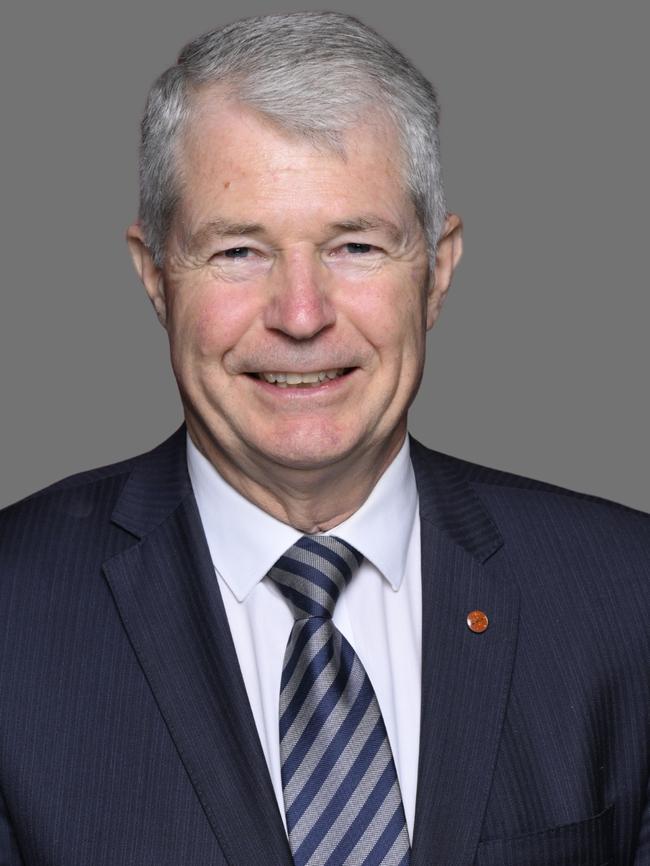
Each year, we commemorate Anzac Day as an opportunity to remember and honour those
who have served in our nation’s armed forces.
The sacrifices they and their families have made, be it time apart, health, and in some cases, giving their lives in the ultimate sacrifice.
For me, this day is a regular reminder that the freedom, the prosperity, and the values that we
too easily take for granted were not free.
They were bought at a great price.
Courageous men and women from generations past fought to defend these foundational principles: democracy, freedom of speech, religious liberty, the rule of law – pillars of our free, plural society in modern Australia.
Anzac Day should also be a time to pass on the lessons from experiences of the past,
recounting to our children and the generations that follow how the threats to our freedom are
not just history.
They can exist in every generation. We see them rising again today in the form of revisionist, authoritarian and totalitarian regimes and ideologies around the world.
These are regimes and ideologies that are fundamentally opposed to everything that we hold
dear – our way of life as Australians.
Finally, I see Anzac Day as a call for today’s generations to realise that they too may need to
step up to the responsibility of defending our precious democracy and the freedoms upon
which it was built. Like those who have gone before us, we must be prepared to make the
sacrifices that our current times demand.
David Fawcett is a Senator for South Australia
More Coverage
Originally published as Australian politicians reflect on what Anzac Day means to them





